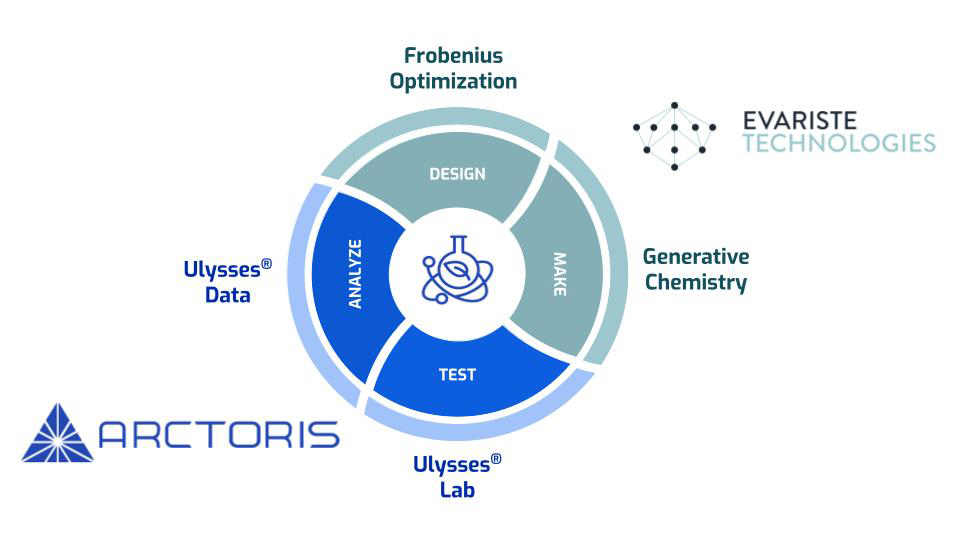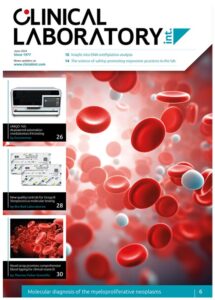Arctoris and Evariste Technologies form a joint venture to identify novel small lolecule cMET Inhibitors for non-small cell lung cancer
Arctoris, a tech-enabled biopharma company, and Evariste Technologies, an AI-drug discovery company, have formed a joint venture to identify novel small molecule kinase inhibitors for treatment of patients with Non-Small Cell Lung Cancer (NSCLC).
Current treatment options for NSCLC are limited, especially in advanced stages. It has been shown that the proto-oncogene cMet is mutated or upregulated in approximately 5% of all NSCLC cases. While cMET has been successfully targeted by two recently approved drugs (Tepotinib, Capmatinib), rapid development of resistance has been reported and there is a clear need for improved second-generation cMET inhibitors to overcome resistance.
The two companies are combining their platforms for AI-guided and robotics-powered drug discovery to develop a set of novel kinase inhibitors against cMET. The partnership will bring together two highly synergistic approaches – quantitative decision making and state-of-the-art generative chemistry, combined with real-time biological and biochemical profiling and data generation, to significantly accelerate the design-make-test-analyse cycle. The two companies will also use their strong links to leading centres for NSCLC treatment to leverage clinical insights, inform their discovery and development efforts and directly address clinically relevant liabilities limiting the effectiveness of currently available therapies.
“We are really excited to be working with Arctoris on this project. There is a huge need for next generation cMET inhibitors for NSCLC. This is a cancer that affects millions globally, and we hope that we can bring meaningful benefit to some of these lives in the near future,“ said Dr. Nicholas Firth, CEO of Evariste Technologies
Martin-Immanuel Bittner MD DPhil FRSA, Arctoris CEO, commented on the joint venture: “Together with our partners at Evariste, we are developing novel treatment options in NSCLC against a fully validated target, where first generation inhibitors can be improved on in a clinically meaningful way. Combining patient-derived insights on resistance and toxicity patterns with AI-powered molecule design and our robotic platform, Ulysses, we aim to develop superior next generation inhibitors within a significantly accelerated time frame.”




